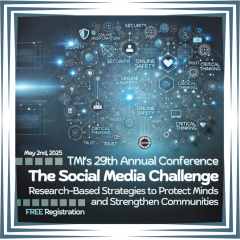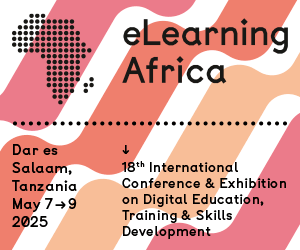Non-Specialist Tools for Specialist Content
 Vienna (AT), January 2009 - Free and Open Source Software (FOSS) offers impressive possibilities in the area of rapid content development. The eLearning specialists at common sense - eLearning & training consultants in Vienna support client teams worldwide in the implementation and instructional use o FOSS tools.
Vienna (AT), January 2009 - Free and Open Source Software (FOSS) offers impressive possibilities in the area of rapid content development. The eLearning specialists at common sense - eLearning & training consultants in Vienna support client teams worldwide in the implementation and instructional use o FOSS tools.
Over the past two or three years, eLearning research has mainly looked at Web 2.0 applications and their contribution to the learning process. While the possibilities of Web 2.0 for collaborative and co-operative processes are - no doubt - great, the "discovery" of Web 2.0 led to the production of quality content being put on a back burner. Web 2.0, however, was not the only reason; producing high-quality content was seen to be a costly procedure.
Content production was often out-sourced to instructional design and eLearning professionals, who knew the "secret ingredients" and had access to professional tools for authoring and production. After a few production cycles, educational institutions and training units realised that the "real" costs of eLearning were coming with content creation and support, not with the learning management systems and hardware.
Today, content creation has become much more affordable and technically manageable than ever before: Free and Open Source Tools (FOSS) allow institutions to develop content when and where needed, with their own in-house resources. This content usually matches local and regional demands much better than rack content or only marginally adapted content.
To give a concrete example: The Tanzania Training Centre for Orthopaedic Technologies (TATCOT), the most important regional training centre for orthopaedic technicians in East Africa, is now offering eLearning programs to participants throughout the region. The eLearning project, supported by InWEnt, Capacity Building International and funded by the German Ministry of Economic Cooperation and Development, assists TATCOT through the use of Free and Open Source software for content development and delivery.
The specialists from common sense trained a team of subject-matter experts in the use of the "Open Source Toolkit". The Toolkit is built around the Open Source authoring tool eXeLearning and provides additional software tools (AV, graphics editing, animations, Moodle, PDF tools, etc.).
After only a few weeks of technical and instructional training, the local experts were able to develop 500+ learning hours for the blended learning "Spinal Orthotics course program". The modules double as digital textbooks for face-to-face training. Since the content has been designed by local experts, it fully matches the institutional curriculum requirements and needs of the target group and takes regional cultural and technical requirements into account.
This proves that locally generated content, combined with a properly matched eLearning strategy, instructional design guidelines, a good online support structure, communication and collaboration, contributes greatly to successful eLearning practice.










